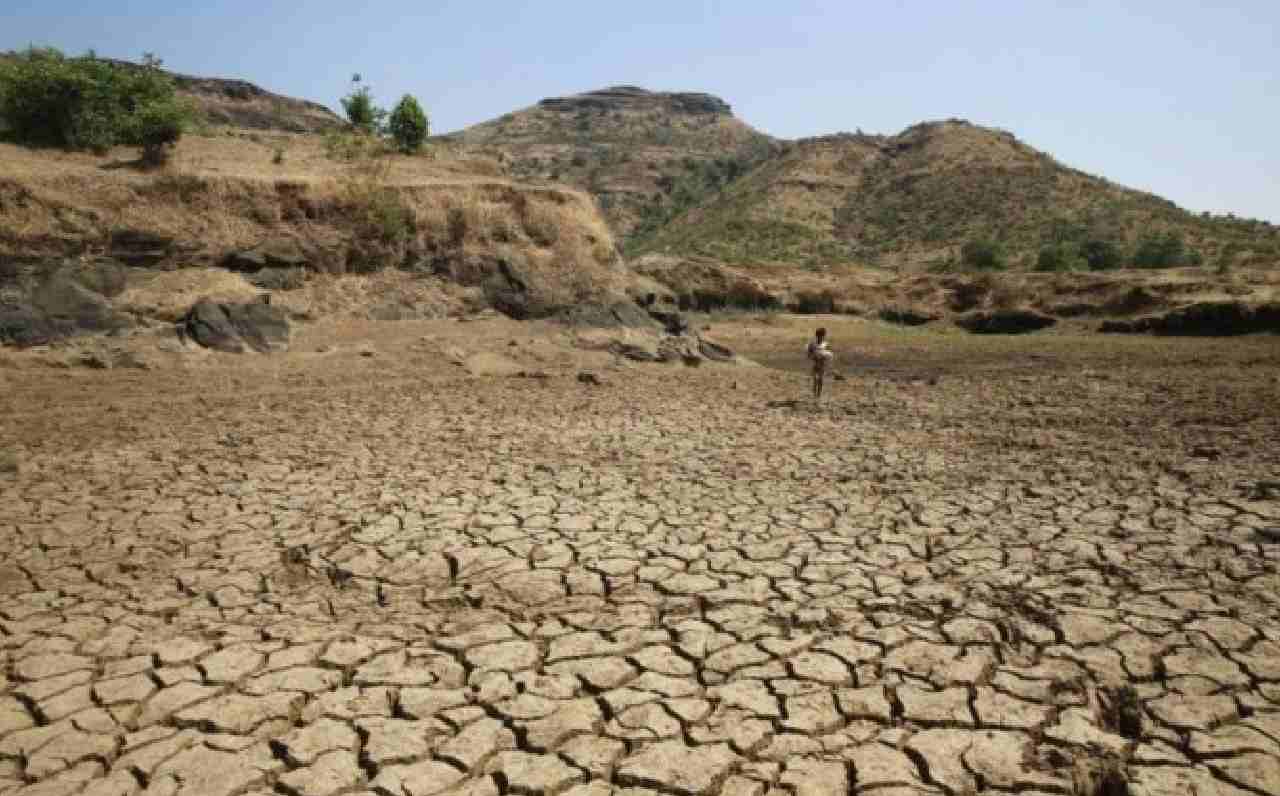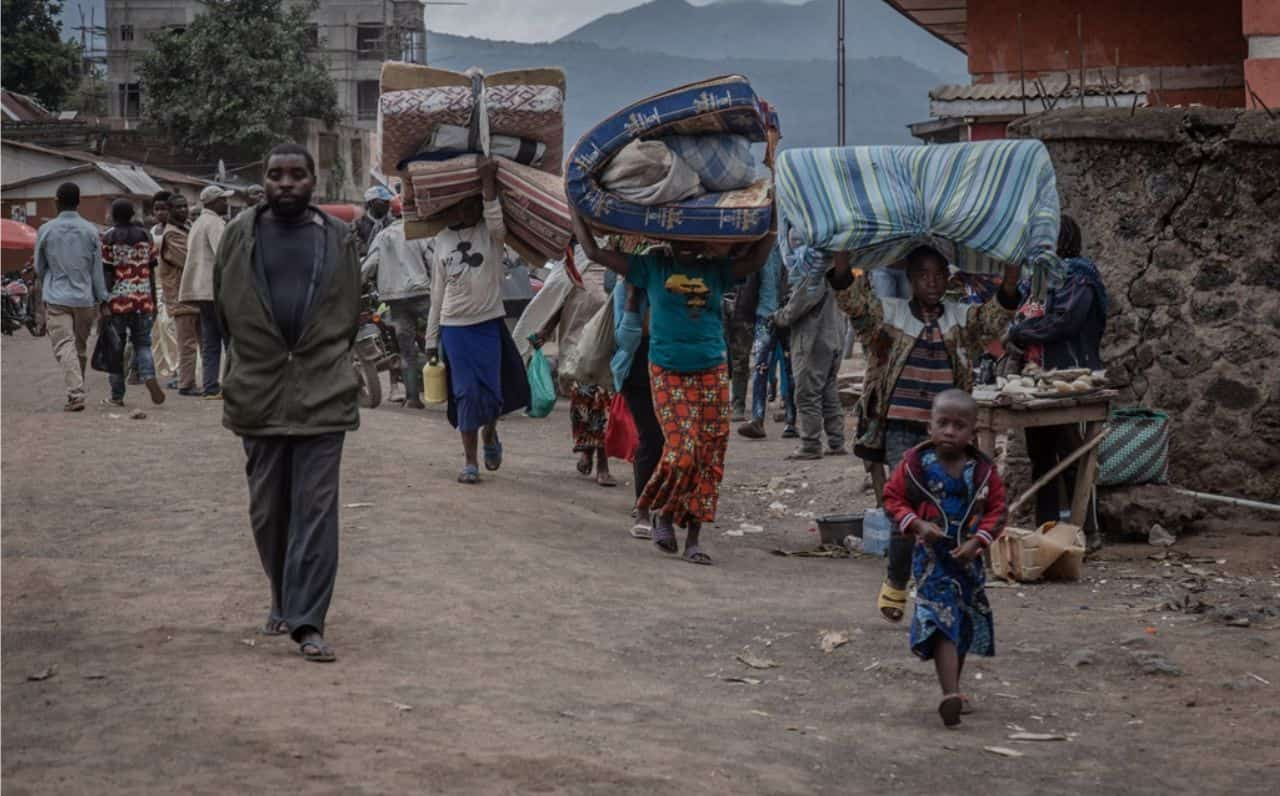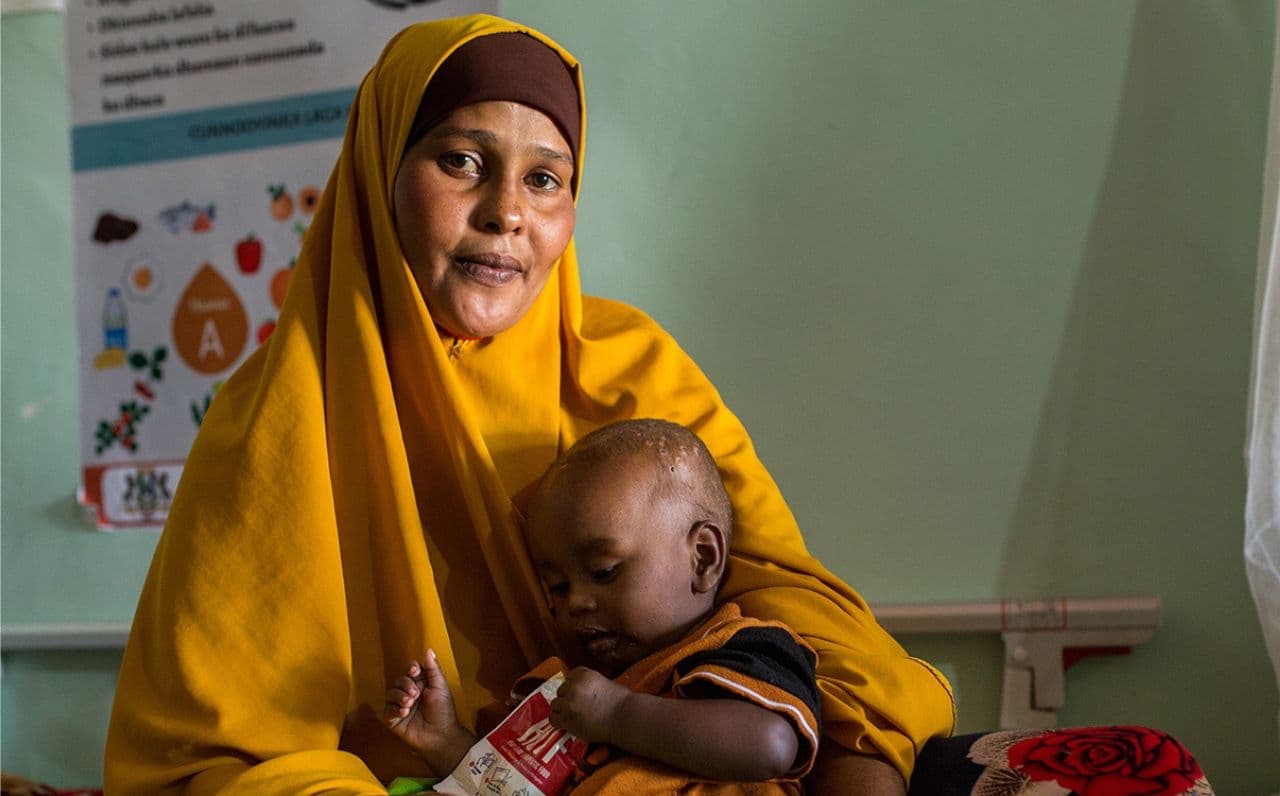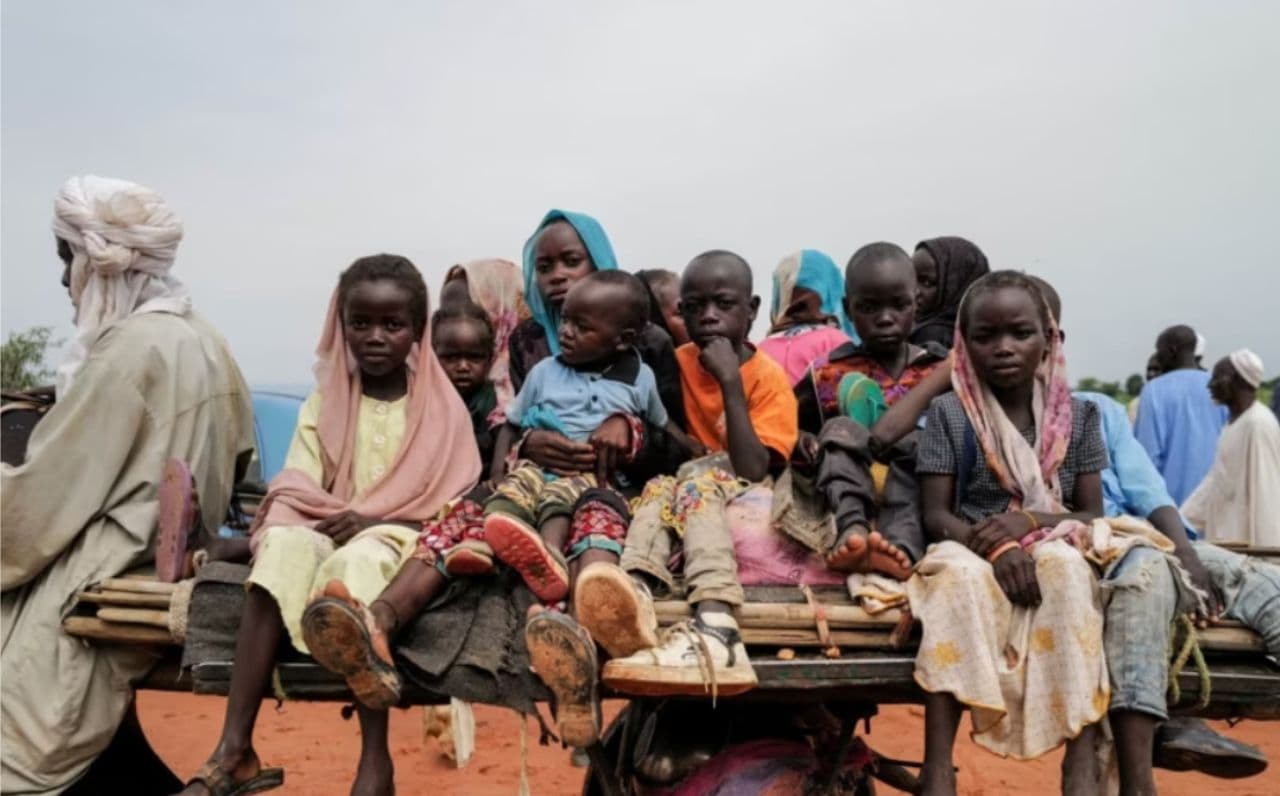Drought in Somalia

Drought in Somalia is getting worse by the day.
Drought has worsened significantly across Somalia following three consecutive below-average rainy seasons.drought conditions are expected to worsen in December 2021 and the first quarter of 2022, leading to a similar situation observed in 2017. The intensifying drought has led to water shortages, crop failures, and high levels of livestock migration and deaths. This comes only two years after a devastating drought that affected hundreds of thousands of lives, placed extra strain on communities, stretched the humanitarian response and displaced over 300,000 people.
The drought is already having a devastating impact on the lives of Somalis. As of 17 December, more than 3.2 million people in 66 of the country’s 74 districts are affected by the drought; of whom 169,000 displaced in search of water, food and pasture. The drought has been particularly harsh in Jubaland, Southwest and Galmudug states (central regions) and parts of Puntland. Severe water shortages and drought conditions have also been reported in parts of Jubaland, South West (Bakool, Bay), and Banadir regions. Many locations rely on shallow wells and water pans in which water levels have decreased significantly, contributing towards the worsening water shortages. Humanitarian partners and local authorities also report widespread livestock deaths and a spike in the prices of commodities like food, fuel, water and livestock fodder. In November 2021, water prices spiked in most districts in Somalia compared to the last reporting period. Eastern and central parts of Galmudug state, most parts of Jubaland and South West State and surrounding areas, reported the highest median water prices. This was mainly attributed to insufficient rains received during the Deyr season that could not replenish ground water source. Severe drought conditions are also leading to the possibility of pathogen accumulation in stagnant water. Concerns remain of people and livestock using contaminated waters, sharply increasing the risk of an Acute Watery Diarrhoea (AWD)/cholera outbreak.
Without a scale up of humanitarian assistance, an estimated 3.8 million people across Somalia will face severe forms of acute food insecurity through January 2022, rising to 4.6 million people by May. Prevalence of acute malnutrition remains high in most drought-stricken parts of the country, with Global Acute Malnutrition at Serious (10 to 14.9 per cent) and at Critical (15 per cent or more) levels in some of the worst affected areas. Some 1.2 million children under the age of 5 are likely to be acutely malnourished in 2022, of whom nearly 300,000 children are projected to be severely malnourished and may be at risk of dying without immediate treatment. Disease outbreaks, including AWD/cholera are on the rise due to severe water shortages and lack of access to adequate hygiene and sanitation facilities, the majority being in IDP sites. This, combined with insecurity and recurring climatic and other shocks, including Desert Locusts and the COVID-19 pandemic, has exacerbated the already precarious humanitarian situation in Somalia. Some 7.7 million people are projected to require humanitarian assistance in 2022. Based on the current drought severity scenario, an estimated 1,379,000 people may be displaced by drought in the coming 6 months.
There are considerable opportunities to incorporate lessons learned from the previous droughts. Improved data forecasting coupled with knowledge of anticipatory or early action can make sure a more targeted scale-up of responses. Systems are in place to facilitate rapid scaling-up of cash-based programming and increased involvement with local actors. Coordination between the Federal Government and state-level authorities has increased, allowing partners to progressively agree on the nature and scale of the drought and to improve overall accountability.
Source & credit: OCHA
Africa

2021 Dec 20
Middle east

2024 Dec 10
Africa

2024 May 10
Threats against Christians in Australia increase
International, Americas

2024 Apr 16
Increasing Arrests and Faceless Victims Revealed in Latest Findings.
Middle east

2024 Feb 23
SimilarNews
 Congo-Rwanda Border Tensions Surge: Conflict Fears Mount
Congo-Rwanda Border Tensions Surge: Conflict Fears Mount Escalating Hostilities Prompt International Concern
Africa

2024 Feb 20



